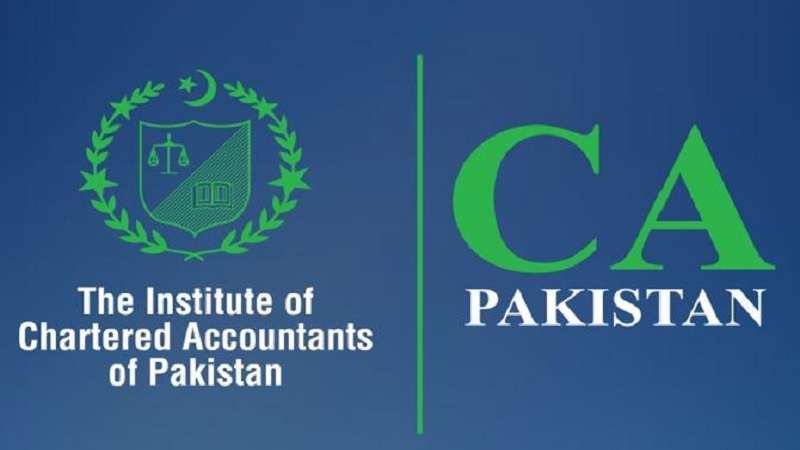Chartered Accountants in Pakistan have raised concerns over the delayed refund payments by the Federal Board of Revenue (FBR). The Institute of Chartered Accountants of Pakistan (ICAP) has proposed that the FBR should pay interest at the Karachi Interbank Offered Rate (KIBOR) plus 3 percent for delayed refunds.
In their budget proposals for 2023-2024, ICAP has emphasized the need for fair taxation and efficient refund mechanisms.
READ MORE: Pakistan advised to increase sales tax rate to 18% for fashion textile
Demand for Interest on Delayed Refunds: ICAP has advised the tax authorities that delayed refund payments should be eligible for interest at a rate of KIBOR plus 3 percent per annum. The current tax recovery mechanism, according to ICAP, provides various recovery options but lacks fair application, especially in cases where taxpayers challenge harsh tax assessments in appellate forums. The chartered accountants’ institute believes that interest payments on delayed refunds would ensure a fairer and more efficient tax system.
READ MORE: ICAP recommends steps to prevent smuggling in CPEC trade
Mandatory Approval Mechanism for Coercive Recovery Options: To prevent the misuse of coercive recovery options such as bank account attachment, arrest, or appointment of receivers, ICAP recommends the introduction of a mandatory approval mechanism. This mechanism should be implemented before initiating any coercive recovery measures, and approval should only be granted when tax dispute resolution options are exhausted or there is a high risk of the taxpayer absconding. Such a safeguard would protect taxpayers from undue financial and operational burdens.
READ MORE: FBR receives suggestion to introduce fixed tax regime for small retailers
Inefficiency of Current Tax Refund Mechanism: The current tax refund mechanism in Pakistan is highly inefficient, and in cases where the refund amount is substantial, it is often deliberately withheld. This practice has significantly tarnished Pakistan’s business image. The Finance Act of 2019 attempted to address this issue by introducing refund bonds with a simple interest rate of 10% payable after three years. However, these bonds have not been readily tradable in the market or discounted by banks, rendering the measure ineffective.
Recommendations for Addressing Refund Issues: To address the refund issues and streamline the process, ICAP suggests the following steps:
READ MORE: ICAP proposes tax refunds for salaried individuals directly to bank accounts
1. Establishment of a Separate Refund Processing Wing: A dedicated wing should be responsible for processing refunds, ensuring completion within a maximum period of 90 days from the application filing date.
2. Inter-Adjustment of Income Tax and Sales Tax Refunds: Tax laws should be amended to allow for the inter-adjustment of income tax and sales tax refunds, simplifying the refund process for taxpayers.
3. Empowering the Federal Tax Ombudsman (FTO): Amendment in the Federal Tax Ombudsman (FTO) Ordinance should enable the FTO to accept cases related to refund disputes and issue binding orders on tax authorities, ensuring a fair resolution.
The demand by Chartered Accountants for interest on delayed refunds and their proposals to address refund issues aim to improve the efficiency and fairness of the tax system in Pakistan. Implementing these recommendations would not only enhance taxpayer confidence but also positively impact the country’s business image and promote a more transparent and accountable tax administration.
